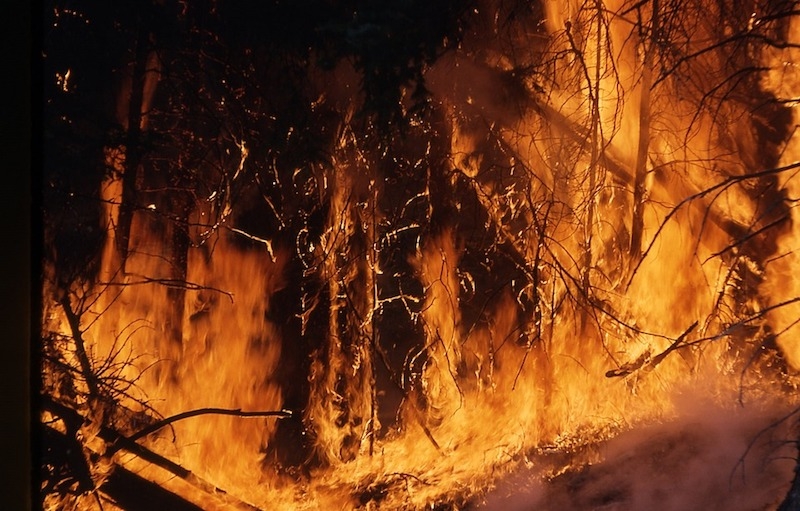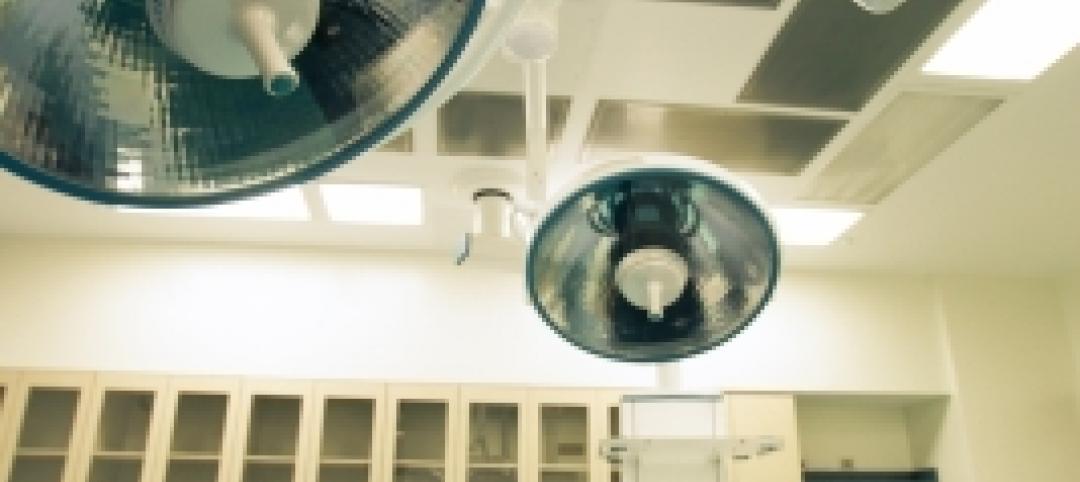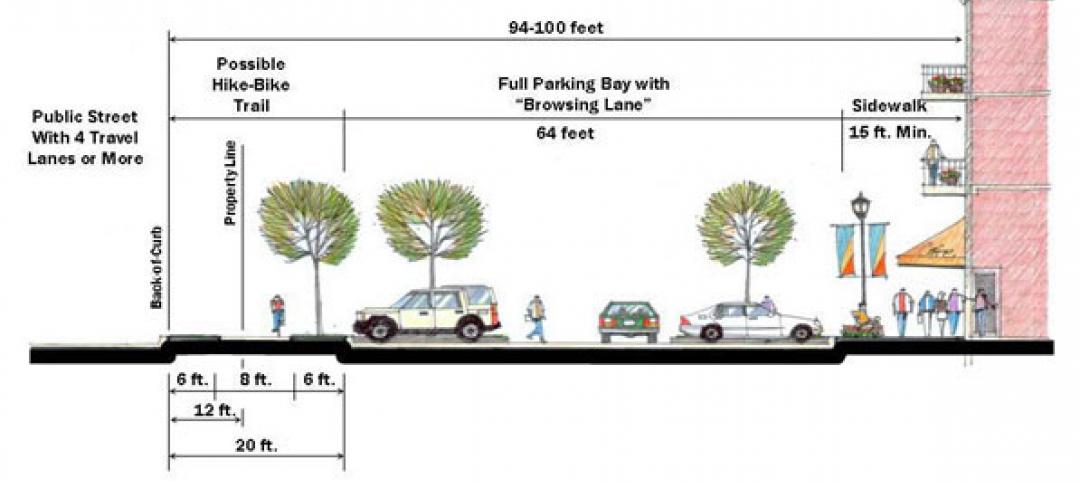The most effective way to reduce deaths and property destruction from California wildfires would be to stop building in fire-prone areas, and make structures that already exist in those areas more resilient.
It's a simple and sound strategy, but it would also be expensive and wildly unpopular. People want to live in the state's stunning wooded landscapes and making homes, businesses, and neighborhoods more fire-resistant could be hugely expensive.
Experts say as climate change causes more frequent and destructive blazes, anything less won’t make enough of a difference to prevent the devastating fires that have swept through the state in the past few weeks, though. California uses the most up-to-date version of model national codes, and doesn’t allow local governments to opt out of those codes.
New homes in places with the highest risk of wildfire get built with fire-resistant materials and construction techniques, but many older structures were not built to those standards. Furthermore, California’s aggressive wildfire codes don’t apply in neighborhoods that may appear safer on paper, but are increasingly affected as fires grow to the sizes that caused so much destruction recently.
Related Stories
| Sep 2, 2014
Proposed federal rules would create more stringent healthcare facility safety rules
A key change is a requirement that buildings over 75 feet tall have sprinkler systems throughout the structure. Existing buildings would have 12 years to install them.
| Sep 2, 2014
Construction unions, housing activists press New York mayor on affordable apartment projects
A group of New York City construction unions have joined forces with affordable housing activists to pressure Mayor Bill de Blasio to require organized labor on construction of 80,000 lower-cost apartment units.
| Aug 27, 2014
Houma, La., will tap FEMA grants to raise hurricane resilience standards on public buildings
The Houma-Terrebonne Civic Center and other public buildings in Houma, La., would be renovated to withstand Category 3 hurricane winds according to a plan being considered by the Parish Council.
| Aug 27, 2014
Napa Valley assesses impact of structural retrofits on buildings after earthquake
About 30 inspection teams of two inspectors each have conducted at least quick exterior inspections of downtown Napa, Calif., buildings since a magnitude 6.0 earthquake struck the region.
| Aug 27, 2014
Liberty Building Forensics cautions hotel building teams on moisture, mold issues
Liberty Building Forensics Group, a building forensics firm warned building teams working on hotel projects to be on guard against moisture intrusion and mold.
| Aug 27, 2014
Requirement for site safety inspectors hampering construction in New York City
New York City’s regulation that requires contractors to hire independent safety inspectors for job sites is holding up projects worth millions of dollars, contractors say.
| Aug 27, 2014
Turkish government orders demolition of residential towers in Istanbul
Citing negative effects to a world heritage site, the Turkish central government has ruled that the recently completed OnaltiDokuz Residence towers must be demolished.
| Aug 21, 2014
Industry groups agree to streamline green building tool coordination and development
Major building industry groups the International Code Council (ICC), ASHRAE, the American Institute of Architects (AIA), the Illuminating Engineering Society of North America (IES), and the U.S. Green Building Council (USGBC) have agreed to collaborate on the development of Standard 189.1, the International Green Construction Code (IgCC), and the LEED green building program.
| Aug 21, 2014
Performance-based zoning: U.S. cities starting to loosen zoning regulations
Driven by New Urbanism, more than two dozen communities in the U.S. have loosened zoning restrictions in recent years.
| Aug 21, 2014
Meeting to finalize amendments to green property underwriting standard
The National Public Meeting for Resiliency + Infrastructure Consensus Underwriting Standard Amendments will take place September 16, from 9 a.m.-12p.m. at Perkins+Will, 1250 24th St. NW, Washington, DC in the World Wildlife Fund Building.










